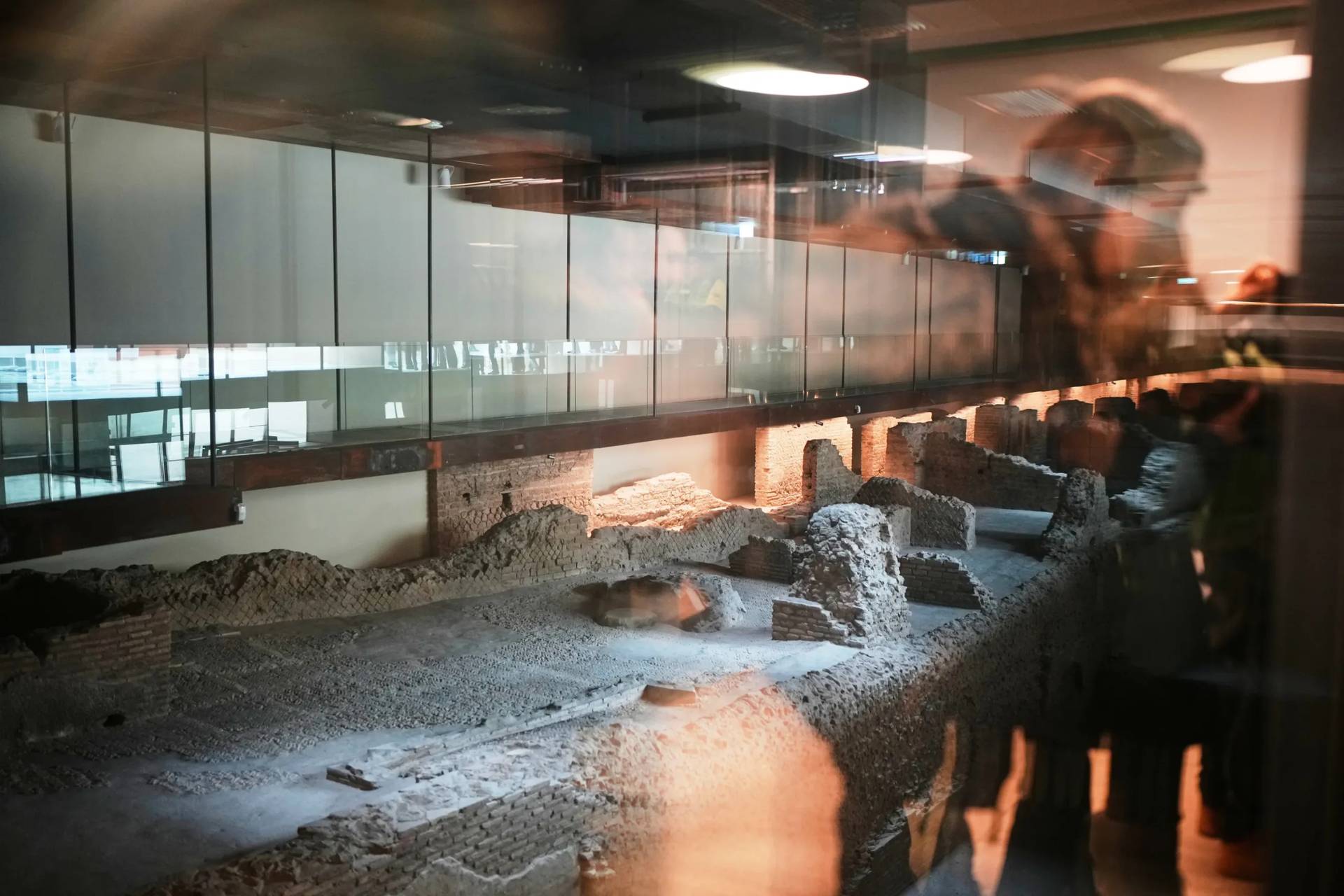ROME – A recent decision by the Vatican to block the election of a liberal theologian and Servite priest as dean of a theological academy in northern Italy has sparked widespread protest among largely German-speaking Catholics, including charges of being at odds with Pope Francis’s own calls for synodality.
Though the Vatican has issued no explanation for its action, the fact that Father Martin Lintner is known, among other things, for a favorable stance on the blessing of same-sex unions has led some observers to connect his case to wider tensions between Rome and German Catholicism in the wake of Germany’s controversial “Synodal Way.”
In late June, the theological academy of Bressanone (used rendered as “Brixen” in English), a mostly German-speaking city in the northern Italian region of South Tyrol, announced that Father Martin Lintner had been selected as dean for a term lasting through August 2025.
Shortly afterwards, however, it was announced that the 51-year-old Lintner would not be taking the post after all, in the wake of a decision by the Vatican’s Dicastery for Culture and Education to deny him the nulla osta, roughly meaning a clearance, required for the job.
The dicastery is led by Portuguese Cardinal José Tolentino Calaça de Mendonça, appointed to the position by Pope Francis in September 2022.
Lintner has announced that he will not file a canonical appeal of the refusal, a decision he says he coordinated with Bishop Ivo Muser of Bolzano-Bressanone. Denial of the nulla osta to take the dean’s position does not affect Lintner’s status as a member of the theology faculty.
Most observers believe the refusal of the nulla osta was related to Lintner’s writings on sexual morality, including his favorable stance on the blessing of same-sex reunions and his call for a reevaluation of the church’s ban on artificial birth control expressed in the 1968 encyclical Humanae Vitae of St. Paul VI.
One of Germany’s leading theological societies issued an immediate objection.
“We criticize the disciplinary intervention of the Dicastery for Culture and Catholic Education for being professionally inadequate and unjustified,” said a statement from the International Society for the Study of Moral Theology.
“No argument has been offered for this decision. The lack of transparency both in the procedure and the decision itself leaves no other possibility than to see in this way of proceeding a demonstration of curial power,” the statement said.
Another German group charged that the decision to require the dean of a local faculty to have Vatican authorization “contradicts the synodal spirit invoked by Pope Francis.”
In his own comments, Lintner voiced concern for the repercussions of the Vatican action.
“The Vatican decision regarding me not only has raised incomprehension, but also a deep irritation among many believers,” Lintner said. “It raises doubts about the results of synodality.”
“It hurts me to note how this has reinforced a critical or negative attitude towards the Church among different people,” Lintner said. “Anyone who knows me know well how strong my sense of belonging is to the Church, and my constructively critical loyalty to its teaching authority.”
“The sometimes strong and emotional reactions on the part of theological associations are expressions of a justified concern for the credibility of theology as a science, in the context of universities and a secular society,” Lintner said.
“They also express the anger and impotence of many colleagues who’ve found themselves facing similar problems and obstacles in the course of their academic activity,” he said.
















